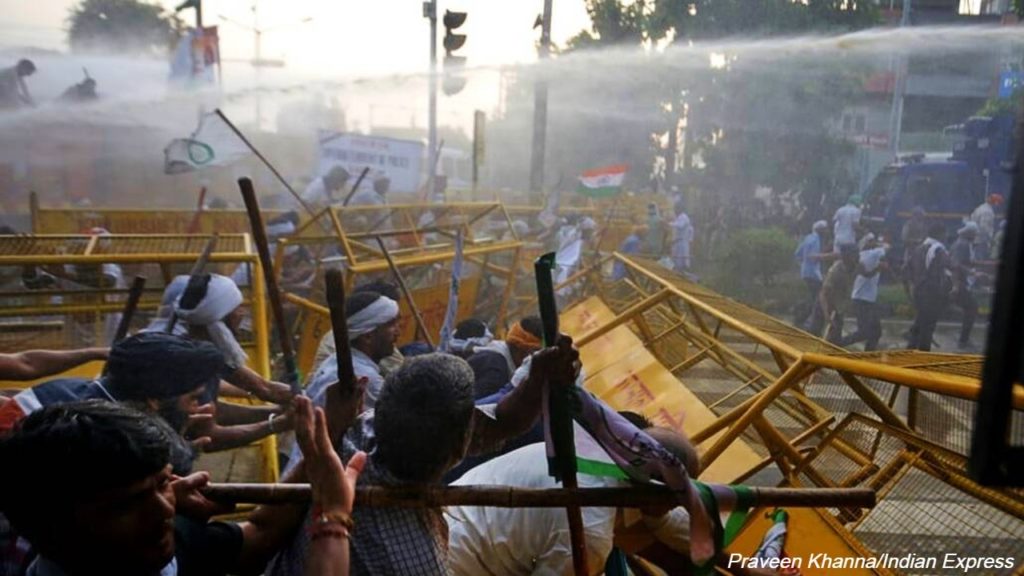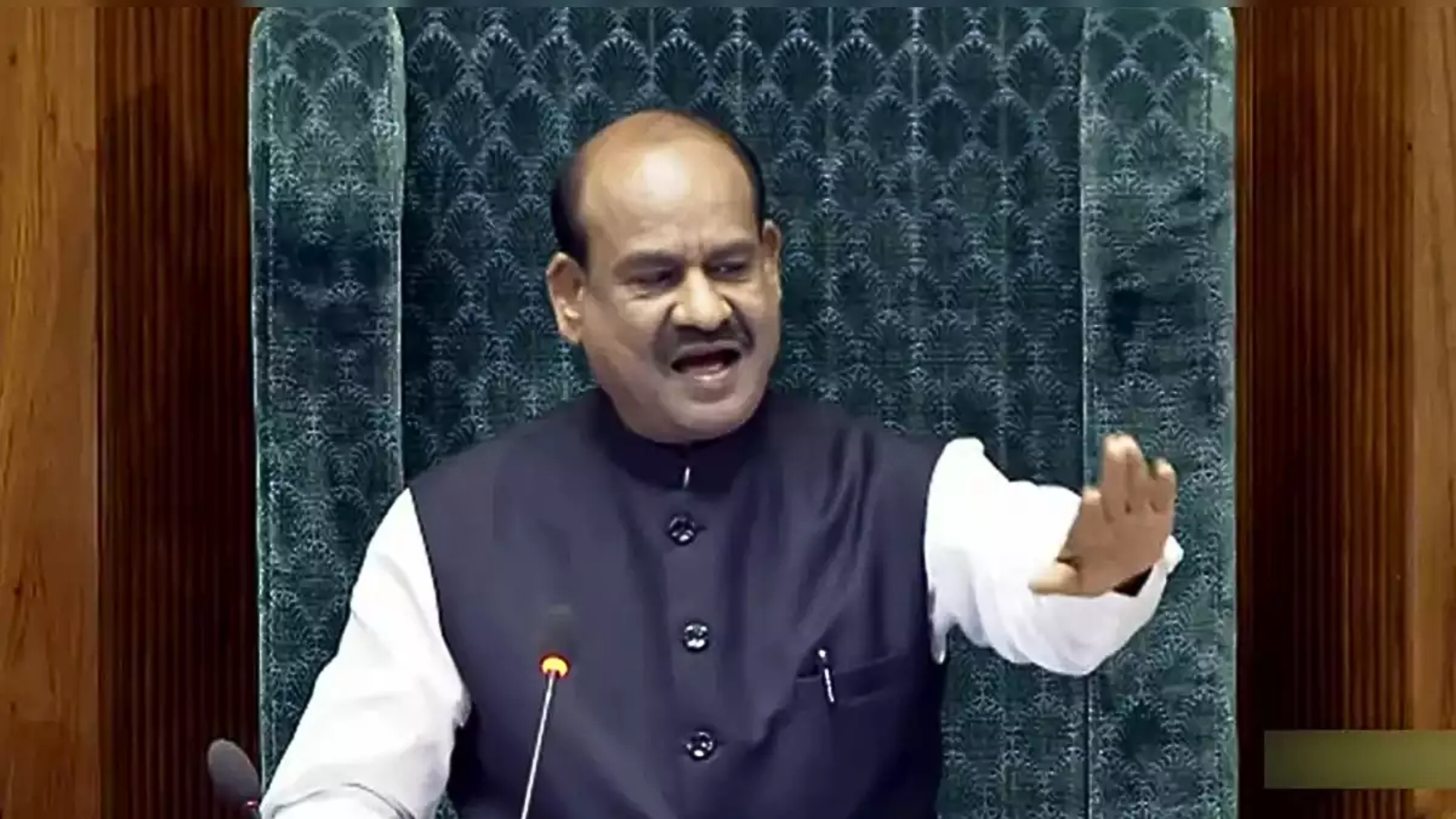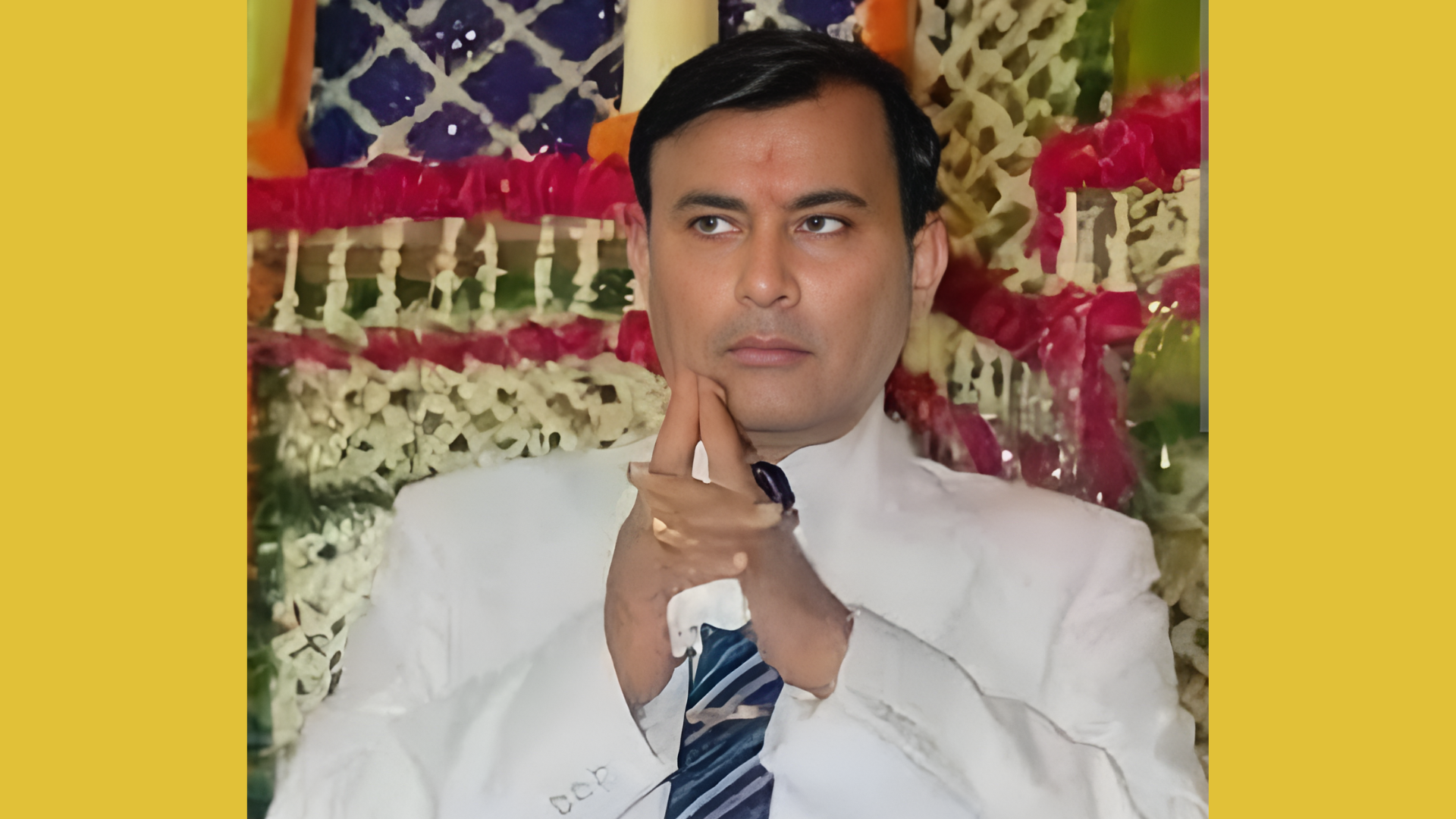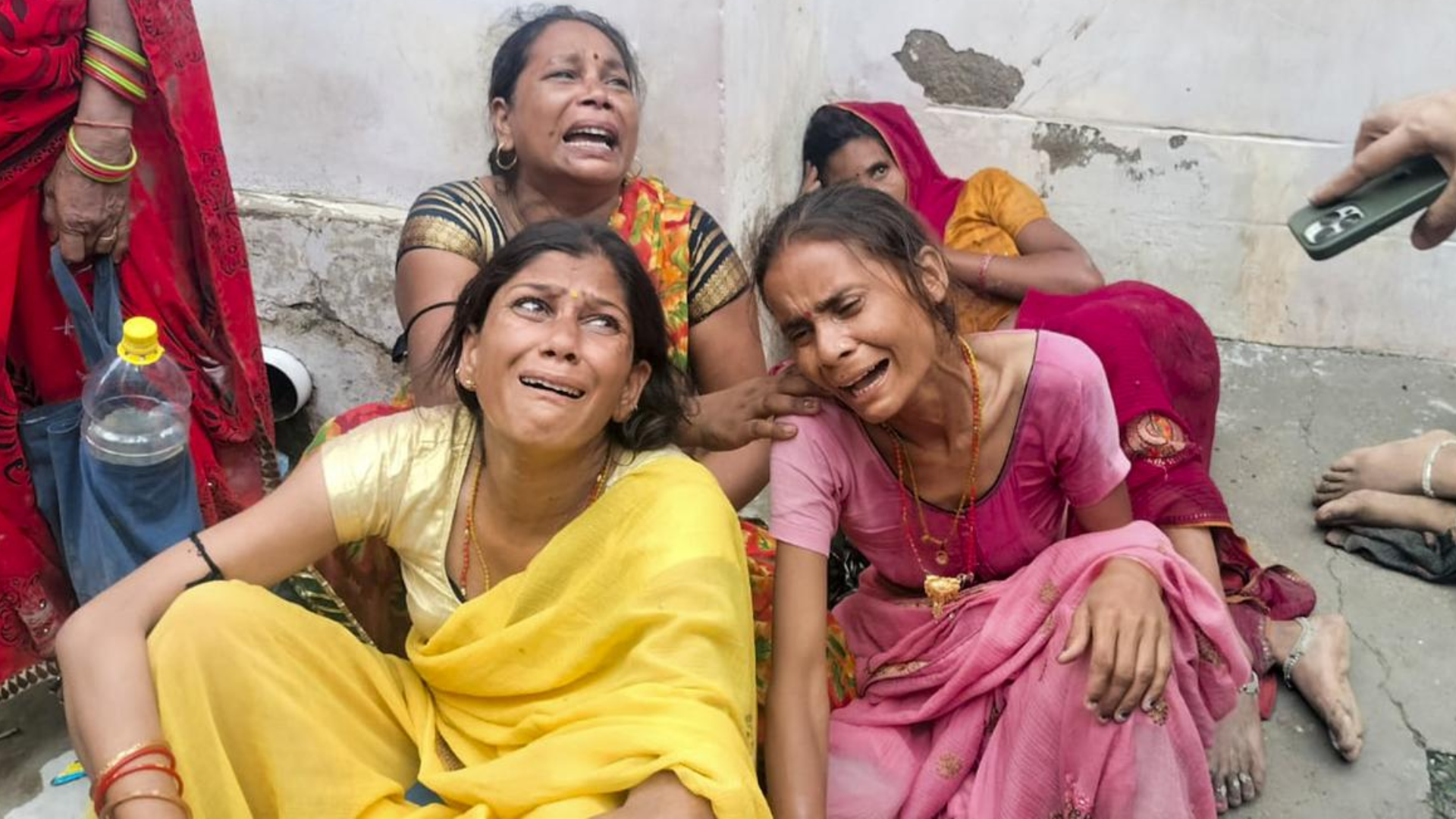Contentious agricultural laws repealed: A brief timeline of the farmers’ movement

On November 19, Prime Minister Narendra Modi announced the repealing of the three controversial agricultural laws., after a year of continuous protests by farmers at Delhi’s borders, a protest movement that had found resonance even in other countries. Read for a brief timeline of the farmers’ movement.
Six days before the farmers’ protests at Delhi’s borders were to complete a year—it was on November 25, 2020 that farmers’ unions in Punjab and Haryana gave the call for a ‘Delhi Chalo’ movement—Prime Minister Narendra on November 19 announced the repealing of the three controversial agricultural laws, popularly known as the farm laws.
The general consensus is that it is the BJP’s fear of electoral losses in the crucial Uttar Pradesh election next year—the state having the largest number of Lok Sabha seats, it is very important to be in power there during the 2024 Lok Sabha elections—and also in Punjab, a farming powerhouse, that prompted the prime minister to take the decision.
It is important to remember here that the belief among many experts is that it was the extremely poor results in the by-elections (state legislatures and Lok Sabha) that prompted the government to reduce the prices of petrol and diesel substantially, after months of almost-daily increases.
The Farmers Produce Trade and Commerce (Promotion and Facilitation) Act, 2020, the Essential Commodities (Amendment) Act, 2020 and the Farmers (Empowerment and Protection) Agreement on Price Assurance and Farm Services Act, 2020 were passed amidst mayhem in the Rajya Sabha (and earlier in the Lok Sabha) by voice vote on September 20 last year.
Some of the opposition MPs were controversially suspended, which led to a hardening of the stand against the three laws giving unbridled power to the government to do away with the minimum support price (MSP) if it wanted (MSP being the lifeblood of farmers’ earnings) and allowing private procurers to buy directly from the farmers, outside the mandi system, thus opening up the opportunity for big corporates to arm-twist poor smaller farmers into selling at lower than market rates, and in the process, lowering the market rates themselves.
This repealing of a contentious legislation before an assembly election has not happened for the first time during Narendra Modi’s rule. In August 2015, two months before the Bihar election, Modi had announced the government’s decision to let the land acquisition ordinance lapse during his radio address ‘Mann Ki Baat‘ (another similarity, as this time too the PM announced his decision in a televised address).
The ordinance that was introduced to make amendments to the UPA-era Right to Fair Compensation and Transparency in Land Acquisition, Rehabilitation and Resettlement Act, 2013, gave the Union government the power to forego social impact and public purpose assessments while acquiring land for certain kinds of government projects.
The farmer’s protests at Delhi’s borders in Haryana and Uttar Pradesh has led to the deaths of 750 farmers, according to various estimates, some during police action and mostly due to the extreme heat and cold that they bore stoically for almost a year..
Here’s a timeline of the farmers’ protests since the new laws were introduced:
June 5, 2020: The Union government promulgated three bills on agriculture, which became popularly known as the farm bills (and later, farm laws). These bills pushed the agricultural sector from a government-run to a private-run sector.
September 14, 2020: Ordinances are brought in Parliament
September 17, 2020: Ordinances are passed in Lok Sabha
September 20, 2020: Ordinance are passed in Rajya Sabha by voice vote
September 24, 2020: Farmers in Punjab announce a three-day rail roko
September 25, 2020: Farmers across India take to the streets in response to a call by the All India Kisan Sangharsh Coordination Committee (AIKSCC).
September 27, 2020: The three bills are given presidential assent and thus, become laws.
November 25, 2020: After sporadic protests against the new agricultural laws, including a nationwide road blockade on November 3, farmers’ unions in Punjab and Haryana gave the call for a ‘Delhi Chalo’ movement.
This is considered the beginning of the farmers’ movement, which gradually engulfed the nation.
The Delhi Police, however, rejected their request to march to the capital city citing COVID-19 protocols.
November 26, 2020: Farmers marching towards Delhi faced water cannons and tear gas as the police tried to disperse them in Haryana’s Ambala district. Later, the police allowed them to enter Delhi for their peaceful protest at the Nirankari ground.
November 28, 2020: Home Minister Amit Shah offered to hold talks with farmers as soon as they vacated Delhi’s borders and moved to the designated protest site in Burari. However, farmers rejected his offer, demanding holding the protest at Jantar Mantar.
December 3, 2020: The government held the first round of talks with representatives of farmers but the meeting remained inconclusive.
December 5, 2020: The second round of talks between the two sides also remained inconclusive.
December 8, 2020: Farmers gave a call for Bharat bandh. Farmers from other states also gave their support to the call.
December 9, 2020: Farmer leaders rejected the government’s proposal to amend the three contentious laws and vowed to further intensify their agitation until the laws are repealed.
December 11, 2020: Bharatiya Kisan Union moved the Supreme Court against the three laws.
December 13, 2020: Union Minister Ravi Shankar Prasad alleged the hand of ‘tukde tukde gang’ in the farmers’ protests and said the government was open to talks with farmers.
December 21, 2020: Farmers held a one-day hunger strike at all protest sites.
December 30, 2020: The sixth round of talks between government and farmer leaders saw some headway as the former agreed to exempt farmers from the stubble-burning penalty and take back the changes in the Electricity (Amendment) Bill, 2020.
January 4, 2021: The seventh round of talks remained inconclusive, with the Union government not agreeing to repeal the agricultural laws.
January 7, 2021: The Supreme Court agreed to hear petitions from those challenging the new laws as well as from those against the protests on January 11. This came even as Attorney-General KK Venugopal told the court that talks between farmers and the government of India “may just work”.
January 11, 2021: The Supreme Court rapped the Centre for its handling of the farmers’ protests. It said it would constitute a committee headed by a former chief justice of India to resolve the deadlock.
January 12, 2021: The Supreme Court stayed the implementation of the three contentious laws and set up a four-member committee to make recommendations on the legislation after listening to all the stakeholders.
January 26, 2021: On Republic Day, thousands of protestors clashed with the police during the tractor parade to Delhi called by the farmers’ unions, demanding the repealing of the laws.
After several protestors from Singhu and Ghazipur changed their route, they marched towards central Delhi’s ITO and Red Fort, where police resorted to tear gas shelling and lathi-charge, while some farmers vandalised public property and attacked police personnel. At Red Fort, a section of protesters climbed poles and walls and hoisted the Nishan Sahib flag. One protester died in the chaos. A section of social media users, mostly those supporting the BJP, intentionally misrepresented the flag as the Khalistan movement’s flag, thus once again trying to divert attention from the farmers’ neutral stance and genuine demands.
January 28, 2021: Tensions rose at Delhi’s Ghazipur border after the administration in neighbouring Uttar Pradesh’s Ghaziabad district issued orders for protesting farmers to vacate the site by night. By evening, as police in anti-riot gear started spreading out at the site, the protesters camped there and their leaders, including Bharatiya Kisan Union’s Rakesh Tikait, said they would not leave.
February 5, 2021: The cyber-crime cell of the Delhi Police registered an FIR on charges of “sedition”, “criminal conspiracy” and “promoting hatred” against the creators of a ‘toolkit’ on farmer protests, which was shared by Thunberg. The 18-year-old had deleted the original tweet posted on February 3 but tweeted a revised toolkit on the same night.
February 6, 2021: Protesting farmers held a nationwide ‘chakka jam’, or road blockade, for three hours from 12 noon to 3 pm. While several roads across Punjab and Haryana were blocked during that time, elsewhere the ‘chakka jam’ evoked a scattered response.
February 9, 2021: Punjabi actor-turned-activist Deep Sindhu, named an accused in the Republic Day violence case, was arrested by Delhi Police Special Cell and later in the evening, sent to a seven-day police custody.
February 18, 2021: Samyukta Kisan Morcha (SKM), the umbrella body of farmers’ unions spearheading the agitations, called for a nationwide ‘rail roko’ protest. Trains were stopped, cancelled and rerouted across the country.
March 1, 2021: Shiromani Akali Dal chief Sukhbir Singh Badal and other party leaders were detained by the Chandigarh Police from Sector 25 as they tried to march towards the Punjab Vidhan Sabha to gherao it.
March 5, 2021: The Punjab Vidhan Sabha passed a resolution asking for the unconditional withdrawal of the agricultural laws or farm laws in the interest of the farmers and of Punjab, and to continue with the existing system of MSP-based government procurement of foodgrains.
March 6, 2021: Farmers completed 100 days at Delhi’s borders.
April 15, 2021: Haryana Deputy Chief Minister Dushyant Chautala wrote to Prime Minister Narendra Modi, urging him to resume talks with farmers who are protesting at Delhi’s borders, and reach an “amicable conclusion” to the impasse over the laws.
April 26, 2021: Deep Sidhu gets second bail.
May 27, 2021: Farmers observed a ‘black day’ to mark six months of the agitation, and burned effigies of the government. Though the crowds at the three borders thinned, farmer leaders said the agitation will continue till 2024 if their demands were not met. Bharatiya Kisan Union leader Rakesh Tikait, during a press conference, also reiterated that the farmers will call off the protest only if the three laws were repealed.
June 5, 2021: Protesting farmers observed Sampoorn Krantikari Diwas (‘Total Revolution Day’) to mark the first anniversary of the promulgation of the three laws.
June 26, 2021: Farmers marched to Delhi to mark seven months of protest against the agricultural laws. Samyukta Kisan Morcha (SKM) claimed that farmers were detained in states like Haryana, Punjab, Karnataka, Uttarakhand, Madhya Pradesh and Telangana during the protests.
July 22, 2021: About 200 protesting farmers started a parallel monsoon session at Jantar Mantar, near the Parliament House, which they called Kisan Sansad, or ‘Farmers’ Parliament’, condemning the three laws. Members of opposition parties in Parliament staged protests in front of Mahatma Gandhi’s statue inside the Parliament House Complex.
August 7, 2021: Leaders of 14 opposition parties met at Parliament House and decided to visit Kisan Sansad at Jantar Mantar. Rahul Gandhi and the other leaders reiterated that the three controversial laws should be withdrawn.
August 28, 2021: The agitation against the laws returned to the spotlight when Haryana Police cracked down on farmers at the Bastara toll plaza in Karnal, on the national highway, leaving several injured in the lathi-charge.
September 7-9, 2021: Farmers reached Karnal in Haryana in large numbers and laid siege to the mini-secretariat. The farmers put forth three primary demands including Rs 25 lakh compensation to the family of Kajal (killed in the lathi-charge on August 28) and a government job for his relative, compensation of Rs 2 lakh each for those injured in the lathi-charge and registration of a criminal case and stern action against Karnal SDM Ayush Sinha and police personnel responsible for the lathi-charge.
September 11, 2021: Bringing to an end the five-day standoff between farmers and the Karnal district administration, the Haryana government agreed to conduct a probe by a retired judge of the Punjab and Haryana High Court into the August 28 police lathi-charge and send Karnal SDM Ayush Sinha on leave till the completion of the inquiry.
October 3, 2021: A convoy of three vehicles, including one owned by Union Minister of State for Home Ajay Mishra, ploughed into a group of protesting farmers, killing four of them as well as a reporter who was with them. In the violence that followed, two BJP workers and the driver of one of the vehicles were killed. UP Police have so far arrested 10 persons, including the minister’s son Ashish Mishra, who was the owner of one of the three cars.
October 9, 2021: Facing murder charges over the Lakhimpur incident, Ashish Mishra was arrested late at night, after questioning that lasted the entire day.
October 22, 2021: The Supreme Court observed that it was not against people’s right to protest even on matters that are sub judice, but made it clear that such protesters cannot block public roads indefinitely. The bench was hearing a plea by Noida resident Monicca Agarwaal, who highlighted problems faced by commuters on account of the ongoing protests and sought the protesters’ removal from the Delhi border.
October 29, 2021: The Delhi Police started removing barricades from the Ghazipur border where farmers had been protesting. Similar scenes were also seen at the Tikri border. Police officials and labourers were also seen removing iron nails that were studded on NH9 at Ghazipur by the former to prevent the protesting farmers from crossing over to Delhi.
November 16, 2021: The Samyukta Kisan Morcha (SKM) announced that to mark one year of the agitation, 500 farmers will participate in peaceful tractor marches to Parliament every day during the winter session starting November 29.
The SKM has also called for massive mahapanchayats in all state capitals on November 26 as part of the first anniversary of the agitation at Delhi’s borders.







